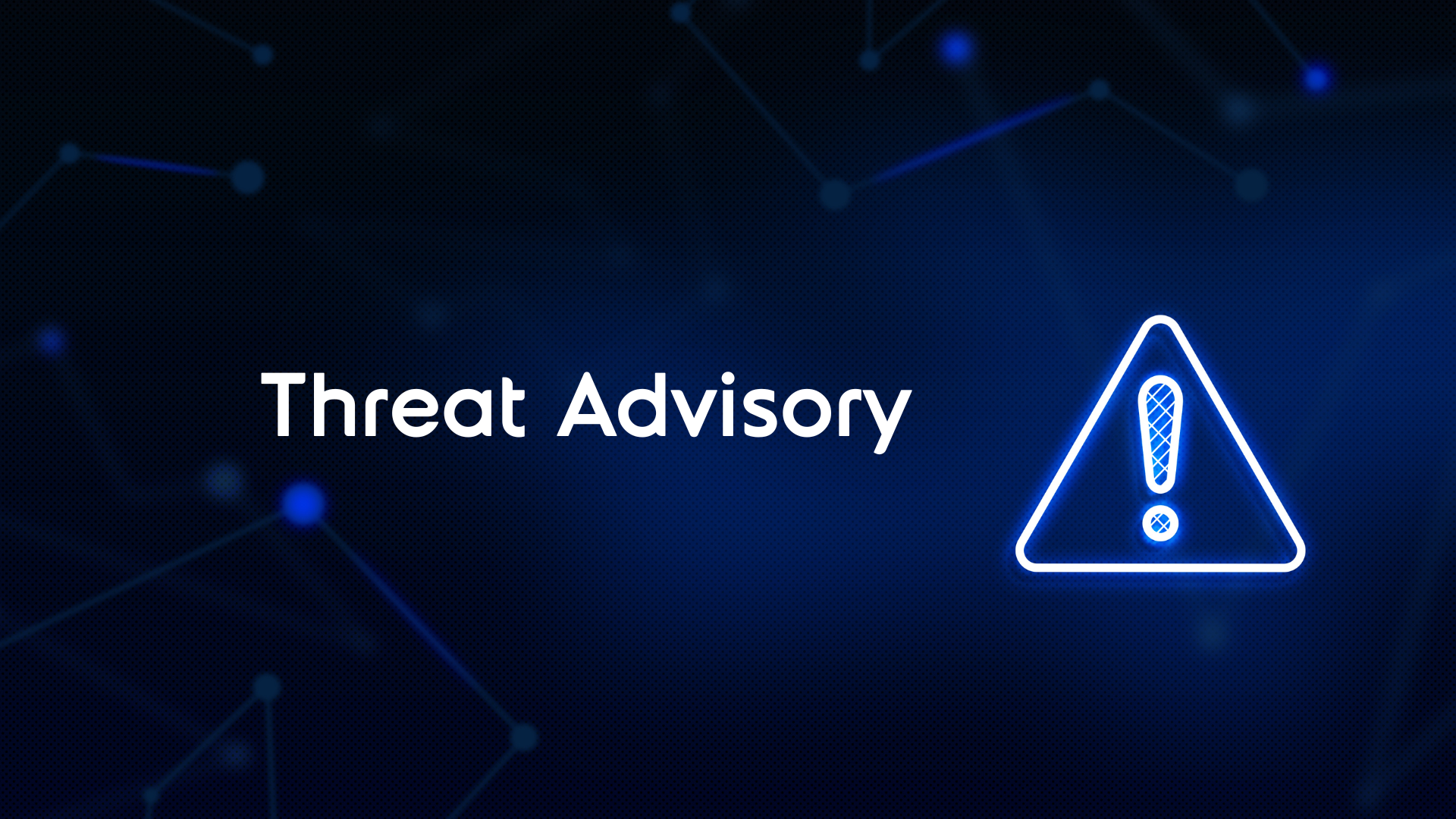
Weekly Cyber News Roundup
June 26th to June 30th 2023
Content
01. Vulnerabilities
02. News Bites
-
Suncor Energy Cyber Attack causes severe disruptions across Canada
-
Blizzard games impacted by DDoS attack
-
Australia’s Medibank hit with massive $250 million fine for cyber security failures
-
JP Morgan fined $4 million for ‘accidently’ deleting data
- New report shows that 79% of UK Healthcare providers were hit by cyber attackers in the last 2 years
03. Conclusion
Google patches 4 critical issues with the Chrome 114 web browser
Google has released a security patch for the Google Chrome 114 web browser, addressing four high severity security vulnerabilities. This issue impacts both desktop and Android versions of Google Chrome, as well as third-party web browsers utilising Chromium as their foundation.
Google has detailed three out of the four security vulnerabilities that were rectified in the recent update for Chrome, but withheld information about the issue that was detected internally.
On the official Chrome Releases blog, three high-severity vulnerabilities are identified, which is a rating surpassed only by 'critical':
- High CVE-2023-3420: Type Confusion in V8
- High CVE-2023-3421: Use-after-free in Media
- High CVE-2023-3422: Use-after-free in Guest View
These vulnerabilities address 'use after free' and 'type confusion' issues in the V8, Media, and Guest View components. Google hasn't reported any known exploits in the wild.
To ensure optimal security against potential threats, Chrome users are advised to promptly update their browser. The update will also impact third-party browsers based on Chromium such as Microsoft Edge, Brave, Vivaldi, or Opera,
The security patch is now available and will be progressively rolled out to most Chrome installations over the next few weeks.
Suncor Energy Cyber Attack causes severe disruptions across Canada
Petro-Canada gas stations faced some service disruptions due to a cyber-attack on its parent company, Suncor, one of North America's most prominent energy firms.
Based in Canada, Suncor is a key oil producer that operates several refineries across North America and maintains a network of over 1,800 Petro-Canada retail and wholesale locations.
Suncor issued a short statement on June 25th acknowledging a cyber security incident that might affect transactions with suppliers and customers. To assist in the investigation and response, the company enlisted the help of third-party cyber security experts and also alerted the relevant authorities.
At present, the company reported no evidence of customer, supplier, or employee data being compromised or misused due to this incident.
Following the incident, Petro-Canada communicated via its Twitter account on June 26th that they're working with Suncor to address the situation, warning customers that certain services, such as credit card payments and car washes, may be unavailable. They also notified customers of a temporary inability to log into their loyalty program account through the app or website.
The nature of the disruption—whether it was instigated by a ransomware attack—remains uncertain. In ransomware attacks, cybercriminals can encrypt and extract data from a victim's systems, either conducting one or both types of actions. Such attacks can cause the type of disruptions experienced.
This cyber attack is just the latest to target energy infrastructure and follows the Colonial Pipeline ransomware attack in 2021 that led to substantial disruption and data theft, with the company forced to pay a hefty ransom to the attackers.
According to researchers cyber criminals have been seen selling access to energy organisations, including oil and gas companies, on cybercrime forums.
Blizzard games impacted by DDoS attack
Blizzard Entertainment, the creator of the recently released video game Diablo 4, fell prey to a distributed denial-of-service (DDoS) cyber attack on June 25th. The attack forced several hosted games, including Diablo 4 and World of Warcraft, offline, disrupting gameplay across various Blizzard titles.
The company's customer support team acknowledged the issue in a June 25th tweet, stating that they were closely tracking the attack affecting the latency and connection to their games. After three hours, Blizzard announced that the DDoS attacks on their network had ceased.
Players still encountering difficulties were advised to troubleshoot their connection. As of now, no specific cause for the DDoS attack has been identified, but some players suggested it might be an act of retaliation against the company. As one player on the Blizzard forum stated, it was "not surprising" that the company was the target of a cyber attack.
Over the recent years, Blizzard Entertainment has been embroiled in various controversies and fan dissatisfaction with recent releases.
Australia’s Medibank hit with massive $250 million fine for cyber security failures
The Australian Prudential Regulation Authority (APRA) has imposed a $250 million penalty on Medibank Private following a hacking incident that resulted in the online exposure of millions of Australians' personal medical data.
The regulatory body confirmed the decision on Tuesday, attributing it to the "identified weaknesses in Medibank's information security environment."
Consequently, the health insurance company is now mandated to set aside an additional $250 million in capital until a comprehensive remediation plan is executed.
Effectively, this means Medibank will be restricted from utilisng over half of its pre-penalty capital, inhibiting its ability to allocate these funds towards expenditures or investments. Medibank is also facing numerous class action lawsuits following last year’s cyber attack that saw over 9 million Australians have their private medical data compromised.
JP Morgan fined $4 million for ‘accidently’ deleting data
The U.S. Securities and Exchange Commission (SEC) has imposed a $4 million fine on JP Morgan following the deletion of millions of email records from 2018, which were associated with its Chase Bank subsidiary.
The financial behemoth reportedly eradicated approximately 47 million digital communication records from nearly 8,700 electronic mailboxes during the period from January 1 to April 23, 2018.
Significantly, a considerable number of these were business records that the Securities Exchange Act of 1934 mandates to be preserved.
The situation highlights the vital importance of implementing robust data backup procedures, as these can safeguard vital information and ensure regulatory compliance, particularly in the face of inadvertent data loss or deletions.
New report shows that 79% of UK Healthcare providers were hit by cyber attackers in the last 2 years
New global research from SOTI highlights increasing security challenges in healthcare, with 79% of UK frontline providers experiencing a data breach since 2021. The report shows a 22% annual increase in data breaches among UK healthcare IT professionals over the past two years, and a 14% rise in accidental data leaks from employees.
Consequently, 50% of healthcare organisations reported a planned or accidental data leak in the past year, while 51% faced a breach from an external source or DDoS attack. The growing variety of devices in use, including mobiles, tablets, rugged devices and printers, exacerbates these issues.
Additionally, 37% of UK healthcare IT workers believe that outdated systems expose their networks to security attacks, with 35% claiming they spend too much time fixing legacy IT issues.
If you are worried about any of the threats outlined in this bulletin or need help in determining what steps you should take to protect yourself from the most material threats facing your organisation, please contact your account manager, or alternatively Get in touch to find out how you can protect your organisation.
Disclaimer
The Threat Intel Roundup was prepared by Integrity360 summarising threat news as we observe it, current at the date of publishing. It should not be considered to be legal, consulting or any other professional advice. Any recommendations should be considered in the context of your own organisation. Integrity360 does not take any political stance in the information that we share. Moreover, the opinions expressed may not necessarily be the views of Integrity360.
Need advice?
If you are worried about any of the threats outlined in this roundup or need help in determining what steps you should take to protect yourself from the most material threats facing your organisation, please contact your account manager or fill in the form for a complimentary no-commitment consultation.
More detailed threat intelligence news?
If you’d like more detailed threat intelligence news, Integrity360 offers this as part of our security monitoring managed services.
We also offer a tailored threat intelligence monitoring service for your organisation that actively monitors for threat actors and campaigns of direct relevance to your organisation, brand damage, copycat & spoofed domains, credential leakage and dark web monitoring.

Cyber Security Conference
LONDON | 28 April 2022
DUBLIN | 11 May 2022
Join us in Dublin or London for the Security First 2022 conference. We'll be bringing together industry professionals and specialist experts to discuss the latest cyber security trends and offer actionable advice on preparing your business to put security first in 2022.
